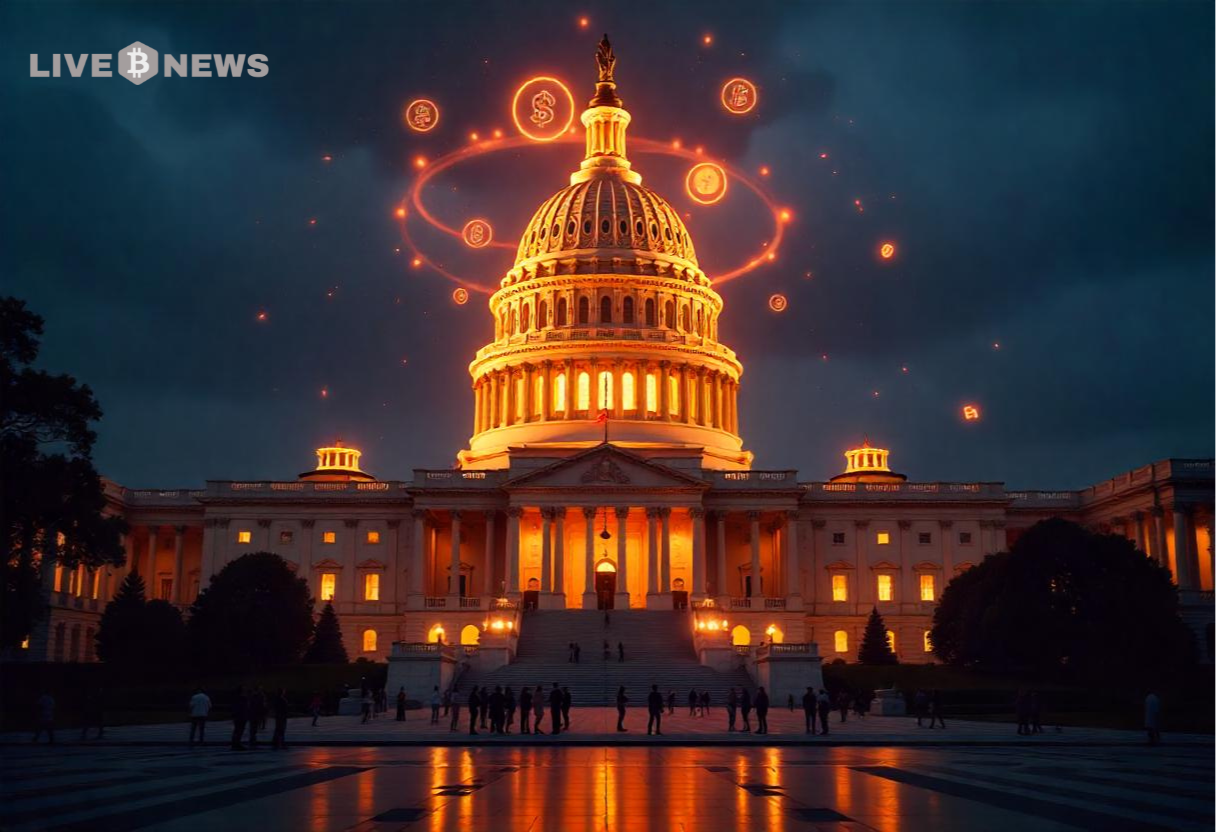- Bill requires liquid asset backing and monthly reserve disclosures.
- Bipartisan support overcame Democratic concerns after amendments.
The GENIUS Act, which established a government mechanism to regulate stablecoins, was passed by the United States Senate on June 17, 2025. With a bipartisan tally of 68-30, the digital asset industry has made a huge step, establishing parameters governing cryptocurrency grounded on the U.S. dollar.
Stablecoins have a 1:1 value with the dollar and are most often used to trade and make instant payments. The bill mandates issuers to peg tokens against liquid assets such as U.S dollars or Treasury bills, as well as requiring them to report reserves every month.
The bill, which was sponsored by Senator Bill Hagerty, had the backing of 18 Democrats and the majority of Republicans. Its payment system is modernized, and this bill enhances the preeminence of the dollar globally, according to Hagerty on the Senate floor.
Bipartisan Support Amid Challenges
The GENIUS Act faced hurdles before passage. It was first blocked by Democrats in May due to weak anti-money laundering and fears about the Crypto projects of President Donald Trump. As a result of the bipartisan negotiations, the amendments, like the consumer protections and restrictions on the tech giants to issue stablecoins, were made.
The bill makes the application of the oversight under the Treasury Department, with Secretary Scott Bessent in charge. An analogous House bill, the STABLE Act, divides authority between the Federal Reserve and other regulators. The House must either approve its version or resolve the differences before the legislation can get to Trump’s desk.
According to Ripple CEO Brad Garlinghouse, this is a historic milestone in the world of digital assets. By 2028, the stablecoin market would have grown to two trillion dollars in value, according to Bessent’s estimate.
Industry and Economic Impact
During the 2024 elections, the crypto industry spent more than $119 million to support pro-crypto candidates, demanding regulatory clarity. According to the GENIUS Act, banks, fintechs, and retailers will be able to issue stablecoins under close management, and with this step, payment systems may change.
Major companies are already exploring stablecoins. Amazon, Walmart, and Bank of America are also weighing the possibility of their own tokens, with the latter intending to run pilot programs. USDC payments became of interest to corporations as Shopify implemented the payment system through Coinbase.
The bill has been criticised as not having strong protections by Senator Elizabeth Warren and others. In May, Warren warned that it would create financial instability and allow corruption. The problem of uninsured banks’ oversight ditch was brought before the House by the Conference of State Bank Supervisors.
The passing of the bill is an indicator that the U.S. is determined to dominate the crypto movement across the globe. According to a report by TRM Labs, stablecoins utilized in more than 60 percent of all crypto transactions may help increase cross-border transactions and dollarization.
